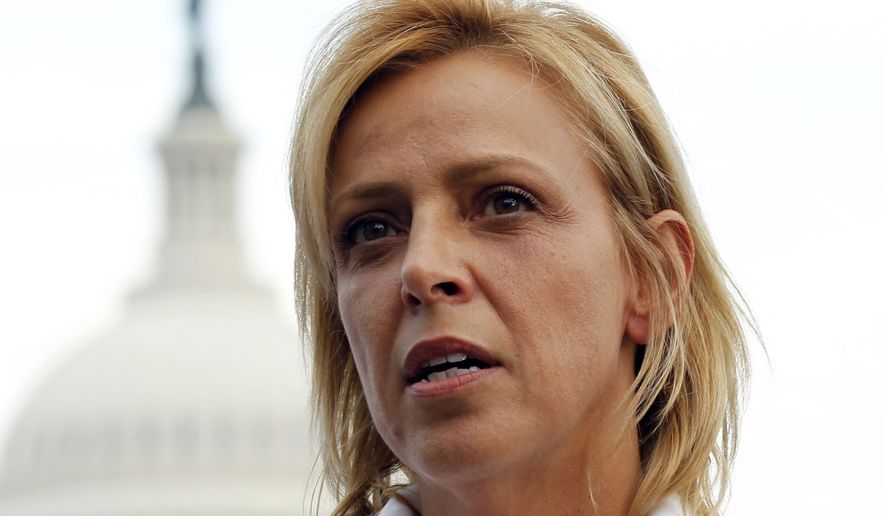A plan put forward by the District’s mayor and police chief to outfit officers with body cameras but not allow public release of the video would undermine the program’s goal of creating more transparency and accountability, say researchers studying the emerging technology.
But Metropolitan Police Chief Cathy L. Lanier said Thursday that technology does not yet exist that would allow her department to adequately redact personal information from the videos.
Noting that it would be extremely labor intensive to redact such information, Chief Lanier suggested that city officials move forward with the plan to deploy cameras to 2,800 officers by year’s end with a blanket exemption banning video release and later draft regulations to outline public disclosure when the technology becomes available.
“It is critical to understand that restricting publication of sensitive body-worn camera footage does not mean that nobody will see it,” Chief Lanier said during a D.C. Council hearing, stressing that her plan allows for oversight by various government entities.
However, others suggested that deploying the cameras and then banning the video from being disclosed under the Freedom of Information Act could make residents skeptical of the government’s claims of using them to promote transparency.
“A blanket FOIA exemption would undermine the purpose of the entire program,” said Markus Rauschecker, a policy analyst with the University of Maryland Center for Health and Homeland Security.
SEE ALSO: ACLU slams D.C. police body camera program on disclosure
Law enforcement policy experts, victim advocates and defense attorneys were among those who assembled at Thursday’s hearing to provide input on the Metropolitan Police Department’s plan to spend $5.1 million to purchase body cameras.
The popularity of body cameras has grown nationwide as communities clamor to outfit police as a means to increase accountability of officers in the wake of high-profile deaths of black men at the hands of white police officers.
Even as the U.S. Department of Justice announced plans last week to award $20 million in grants to small and local law enforcement agencies to buy body cameras, guidelines and best practices for the use, retention and release of videos to the public are the subject of debate.
The Interim Report of the President’s Task Force on 21st Century Policing, released in March, noted that body cameras have been shown to reduce the use of force by officers, but cautioned that applying the technology opens a trove questions about policy and use.
Chief Lanier’s policy would limit retention of videos to 90 days, with the ability to keep videos longer if they are being used in an investigation or criminal case.
Privacy advocates voiced worries about ensuring that videos are stored electronically so that they cannot be hacked into, and also about limiting who within the department has access to the videos to prevent them from being shared internally among officers.
SEE ALSO: D.C. firefighter dies at the scene of an apartment fire in Northwest
Among suggestions made at Thursday’s hearing to ease community fears about invasion of privacy, were random audits of body camera videos or requiring officers to obtain consent before filming interviews with victims.
“The public requires assurance that the D.C. police department is being monitored just like any other District agency,” said Monica Hopkins-Maxwell, director of the local chapter of the American Civil Liberties Union.
The District tested body cameras during a six-month trial and still has some of those cameras in use, according to Chief Lanier.
Laura Hankins, head of the District’s Public Defender Service, said defense lawyers found the footage from the city’s pilot program helpful to use in court. But she cautioned that, as the city has taken steps to help people convicted of low-level offenses erase or seal their criminal records, allowing the release of video from police encounters could derail that progress.
Under the plan, the department includes the possibility that a redacted video could be released to the public when it is of an incident of “great public interest.”
Officials criticized that policy, noting that the power to determine what is of public interest would still reside with the department’s top brass.
“Why do they get to determine which documents are of public interest why do they get to determine which documents are released?” said D.C. police union Chairman Delroy Burton. “That’s the issue.”
If the department really wants to promote transparency, Mr. Burton said the city should find the resources to ensure videos can be redacted and released to the public or retained until the department has the ability to redact them.
“If you want this type of accountability and transparency, then that’s what we have to do until we have the technology available,” he said. “Otherwise, this is just all lip service.”
Traci Hughes, director of the District’s Office of Open Government, said under FOIA law the department could justify a decision not to release some videos under personal privacy and investigatory records exemptions.
“I really don’t believe that the answer is this blanket exemption,” Ms. Hughes said. “It’s a knee-jerk approach that will ultimately not benefit District government or residents.”
• Andrea Noble can be reached at anoble@washingtontimes.com.




Please read our comment policy before commenting.